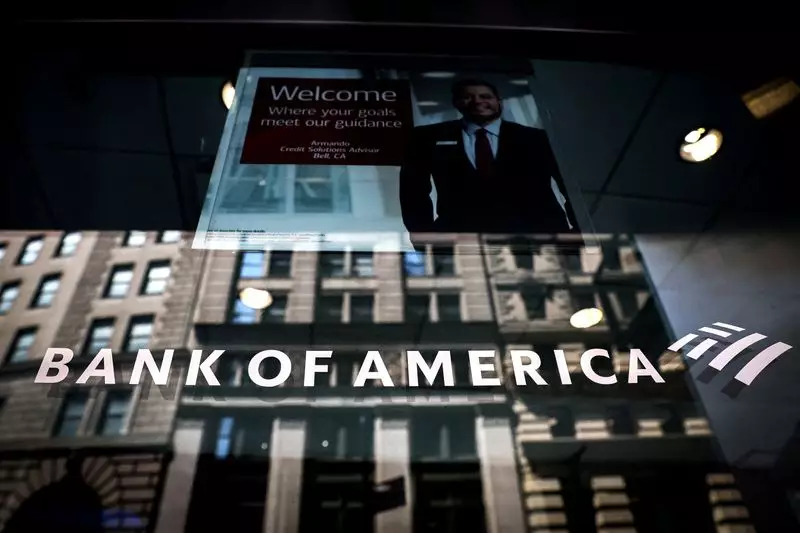Recently, six major banks, including Bank of America, Citigroup, Jefferies, NatWest, Nomura, and UBS, agreed to settle antitrust litigation in New York by paying $80 million. The litigation accused them of colluding to manipulate prices of European government bonds. The alleged collusion took place between 2007 and 2012, according to investors led by public pension funds.
The preliminary settlement was filed in Manhattan federal court and is subject to a judge’s approval. The banks were accused of bidding high prices at bond auctions to maintain a dominant market share. Subsequently, they sold the bonds at inflated prices to various investors, including mutual funds, pension funds, and insurers. Despite the settlement, all six banks have denied any wrongdoing.
If the settlements are approved, they would bring an end to the litigation, totaling $120 million in settlements. Previously, JPMorgan Chase, Natixis, State Street, and UniCredit settled for a combined $40 million in the same case. This antitrust lawsuit is part of a broader trend of litigation in the Manhattan court, where banks have been accused of colluding in different markets such as U.S. Treasuries, currencies, commodities, and interest rate benchmarks.
The settlement reached by these six banks highlights the ongoing concerns about collusion and market manipulation in the financial sector. While the banks have agreed to pay a significant amount to resolve the allegations, the denial of wrongdoing suggests that the issue of antitrust violations may persist. As regulatory scrutiny intensifies, financial institutions will need to be more vigilant in adhering to competition laws to avoid similar litigation in the future.

